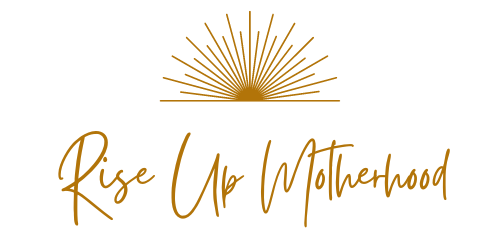Postpartum nutrition plays a crucial role in helping new mothers recover from childbirth and replenish their bodies’ energy levels. Following a healthy and balanced diet after giving birth is essential for promoting healing, maintaining stamina, and supporting overall well-being. In this article, we will explore the best postpartum nutrition tips to help women navigate this critical phase with confidence and vitality.
The Importance of Postpartum Nutrition
After giving birth, a woman’s body undergoes significant physical and hormonal changes. Proper nutrition during the postpartum period is vital for several reasons:
Recovery:
The body needs essential nutrients to recover from childbirth, including healing tissues, replenishing blood loss, and restoring energy levels.
Breastfeeding:
For women who choose to breastfeed, nutrition directly impacts the quality and quantity of breast milk. Consuming a well-balanced diet can help ensure that breastfeeding mothers produce nourishing milk for their infants.
Mood and Energy:
A nutritious diet can contribute to stabilized mood, increased energy levels, and reduced feelings of fatigue and postpartum depression.
Weight Loss:
Eating the right foods can support healthy weight loss, helping new mothers shed pregnancy pounds while maintaining optimal nutrition.
Essential Nutrients for Postpartum Recovery
To support postpartum recovery and overall well-being, new mothers should focus on consuming essential nutrients, including:
Protein:
Protein is crucial for tissue repair and cell regeneration. Good sources of protein include lean meats, poultry, fish, eggs, dairy products, legumes, and nuts.
Iron:
Iron is necessary for replenishing the body’s iron stores, which may be depleted during childbirth and can lead to anemia. Iron-rich foods include red meat, poultry, fish, lentils, spinach, and fortified cereals.
Calcium:
Calcium is essential for bone health and muscle function. Dairy products, leafy green vegetables, tofu, and almonds are excellent sources of calcium.
Omega-3 Fatty Acids:
Omega-3 fatty acids are beneficial for postpartum mood, brain function, and inflammation reduction. Fatty fish, flaxseeds, chia seeds, and walnuts are rich in omega-3s.
Vitamins and Minerals:
A variety of vitamins and minerals, including vitamin D, vitamin C, vitamin E, and zinc, play critical roles in postpartum recovery. These nutrients can be obtained from a diverse range of fruits, vegetables, whole grains, and nuts.
Hydration and Fluid Intake
In addition to solid nutrition, adequate hydration is pivotal for postpartum recovery. Staying well-hydrated is essential for milk production, preventing constipation, and supporting overall health. Breastfeeding mothers, in particular, need to pay close attention to their fluid intake and consume plenty of water throughout the day.
Meal Planning and Snacking
Effective postpartum nutrition involves proper meal planning and mindful snacking. New mothers should aim to consume regular, balanced meals that include a mix of protein, healthy fats, complex carbohydrates, and an array of vitamins and minerals. Additionally, keeping nutritious snacks readily available can help sustain energy levels and stave off hunger between meals.
Seeking Professional Guidance
Every woman’s postpartum journey is unique, and individual nutritional needs may vary based on factors such as overall health, breastfeeding status, and any specific dietary restrictions or concerns. It’s essential for new mothers to consult with a healthcare provider or a registered dietitian to receive personalized guidance on postpartum nutrition that aligns with their specific needs and circumstances.
Prioritizing postpartum nutrition is fundamental for aiding the body’s recovery, fueling energy levels, and promoting overall well-being during the postpartum period. By focusing on key nutrients, staying hydrated, and adopting healthy eating habits, new mothers can better support their bodies as they navigate the challenges and joys of early motherhood. Remember that seeking professional advice is crucial to developing a personalized postpartum nutrition plan that meets individual needs and enhances the postpartum experience.





